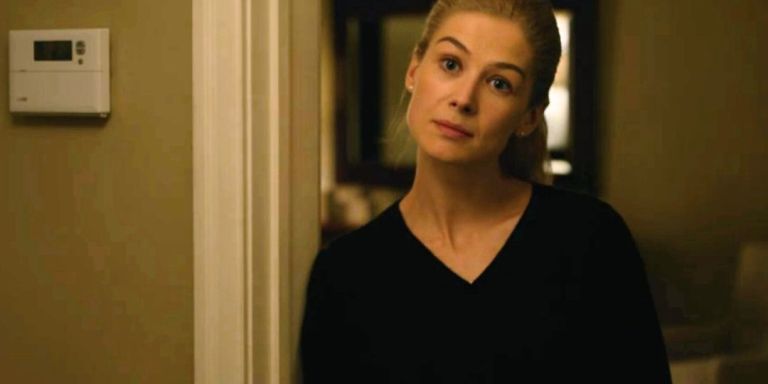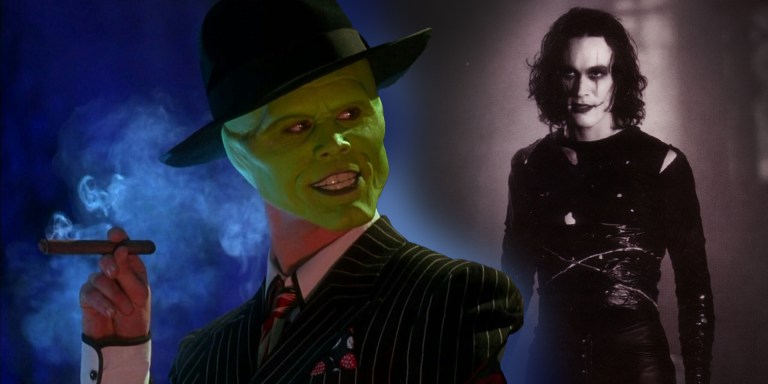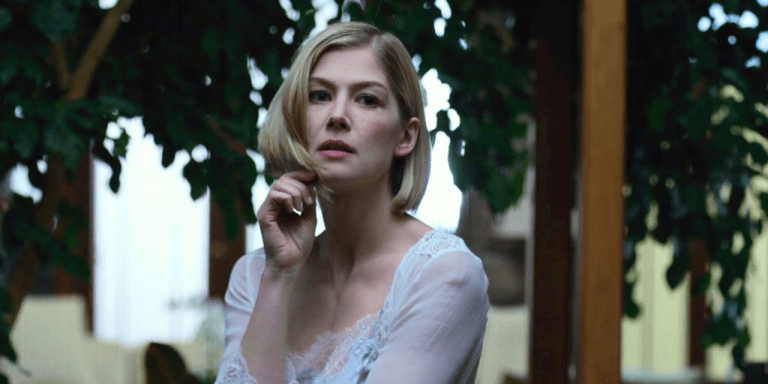“She wants to know if I love her, that’s all anyone wants from anyone else, not love itself but the knowledge that love is there, like new batteries in the flashlight in the emergency kit in the hall closet.” — Jonathan Safran Foer
Tautological as it may be, rare people are rare. It’s not every day we come across the perfect person: The person who will make us forever happy. Who will complete the life we’ve always envisioned for ourselves. Who seems to have stepped straight out of our dreams, dusted off their angel wings, and stood in front of us, beaming and radiant. But what happens when this person cannot be ours? What happens when the fates have aligned so that they’re already in a relationship or simply not interested?
Often, we’re thrown into a tailspin. Jealousy or depression boil up and can spread like a virus, debilitating us in every aspect of our lives. If we can’t have this person — “the one” — then how can we ever be happy? Yet, this may not be the best way to look at it. Happiness is attained or destroyed by perspective and perspective alone, so it takes a certain state of mind to see that just because rare is rare, doesn’t mean rare is nonexistent. The perfect person doesn’t come along every day, so it’s understandable to become frustrated when things don’t work out, but this frustration should morph into self-reflection.
Indeed, your frustration should come less from the fact that you had to throw that flawless fish back into the sea and more from the fact that someone was able to hold so much sway over your emotions. That’s not to say that you should be an emotionless automaton, so sure that your heart will be broken that you refuse to open it up all together. Rather, you should think about why you’ve crafted your emotional well-being around the attainment of another person. It presumes that someone other than yourself can determine the quality of your life.
In fact this kind of idealization may be flawed itself.
What if we’re imagining them to be something they’re not? What if we’re fetishizing an ideal?
Idealizing someone puts an entirely unfair amount of pressure on them, and, in doing so, it objectifies them to the point that they merely become a necessary part in creating your perfect life. It’s important to reflect on whether this person is “the one” because you’re madly, deeply in love and would do nearly anything to make them happy, or because they meet all your ideal requirements and fit into the perfect picture of your life. Often, we find that what seemed like love — such a thoroughly convincing feeling — was just a clever combination of infatuation and a desire to self-actualize, to prove that if we want someone, we’re smart/beautiful/clever/important/cool enough to get them.
You’ve also likely noticed that the most desirable people — the type of person we tend to believe to be “the one” — are those who need us least. Almost as if relationships were on a sliding scale, the more someone who you’re attracted to makes themselves unavailable, the more you desire them. If someone is quick to open up to you and make their affection evident, it’s easy to push them away. You’ve already “won” them. What’s more to get? With this in mind, the next time you reflect on whether that special someone indeed was “the one,” ask yourself if it’s genuinely about your love for them or instead about your desire to even the playing field, to restore your pride, and to win the back-and-forth relationship game. As Safran Foer says, perhaps it’s not the love itself you’re desiring, but the knowledge that someone loves you, that love is an option.
That’s not to say “the one” doesn’t exist. But the term is a bit of a misnomer. There aren’t many, but there’s more than just “one” person on Earth who can hijack your life until you’re acting madly, irrationally in love. With the ones you love, there’s a sort of sixth sense attained. You feel their emotions as if they were your own. You can finish their sentences, guess their actions, understand the reason behind their every pause and tear and smile. And yet these people are still at risk of being idealized too. Love can be corrupted by a desire for corruption.
Even if you’re not idealizing — if you’re selfless and truly, lovingly invested in them and their well-being, able to care about them in a way that’s independent of your own happiness — well, things can nonetheless go awry. Sometimes this person never comes back and things are never made right. Bad as we believe we deserve them and they deserve us, there can be something or someone in the way. So how do we react when this happens? Disappointment, frustration, depression, unbridled jealousy — all of these feelings are fair. If you truly are in love and yet circumstances prohibit a relationship, well that’s a difficult spot to find yourself in.
And yet, rare is rare doesn’t mean rare is impossible. It’s absolutely vital to appreciate the times something fantastic happens or an amazing person comes into our lives because it doesn’t happen often. But it does happen. And “the one” is not the only one. When we think the perfect person has passed us by, take a second to reflect on whether they actually were so perfect. Like the notion of “the one” itself, the “perfect person” is a fantastical construction, an ideal we’ve dreamt up in order to dupe ourselves into thinking another person could make us truly happy.
In order to indeed find “the one,” one must realize that there are many “ones” wandering throughout the world and throughout our lives. Once we stop idealizing, once we start rooting our happiness in ourselves and not others, then they’ll come strolling into our lives, not as angels from a dream world, but as normal, imperfect people, who won’t make us infinitely happy, but who we can love forever, who we can appreciate forever, understanding that although rare people are rare, they do exist and, indeed, they walk among us. ![]()





